Introduction
For businesses relying on network infrastructure, proper storage of networking equipment is crucial for maintaining operational efficiency and protecting valuable IT investments. Whether you’re upgrading your system, managing seasonal equipment, or storing backup infrastructure, this comprehensive guide will help you understand how to properly store your networking equipment using climate-controlled storage solutions.
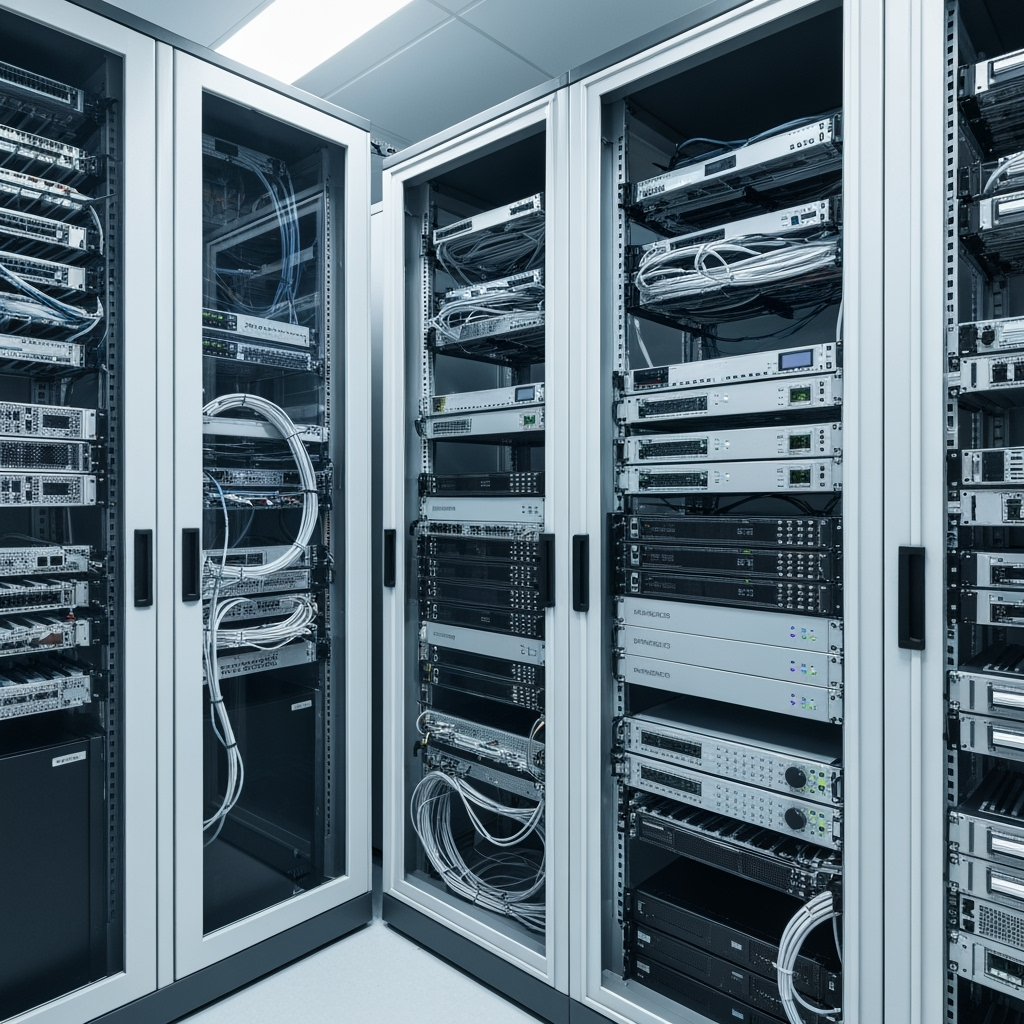
Why Proper Storage Matters for Networking Equipment
Network equipment represents a significant investment for any business. Proper storage helps:
- Prevent damage from temperature and humidity fluctuations
- Maintain equipment warranty compliance
- Extend the lifespan of expensive hardware
- Ensure backup systems remain ready for deployment
- Protect sensitive data and security configurations
Essential Storage Conditions for Network Equipment
To maintain the integrity of your networking equipment, specific storage conditions must be met:
- Temperature control between 68-72°F (20-22°C)
- Humidity levels between 45-50%
- Protection from dust and static electricity
- Secure access controls
- Proper ventilation
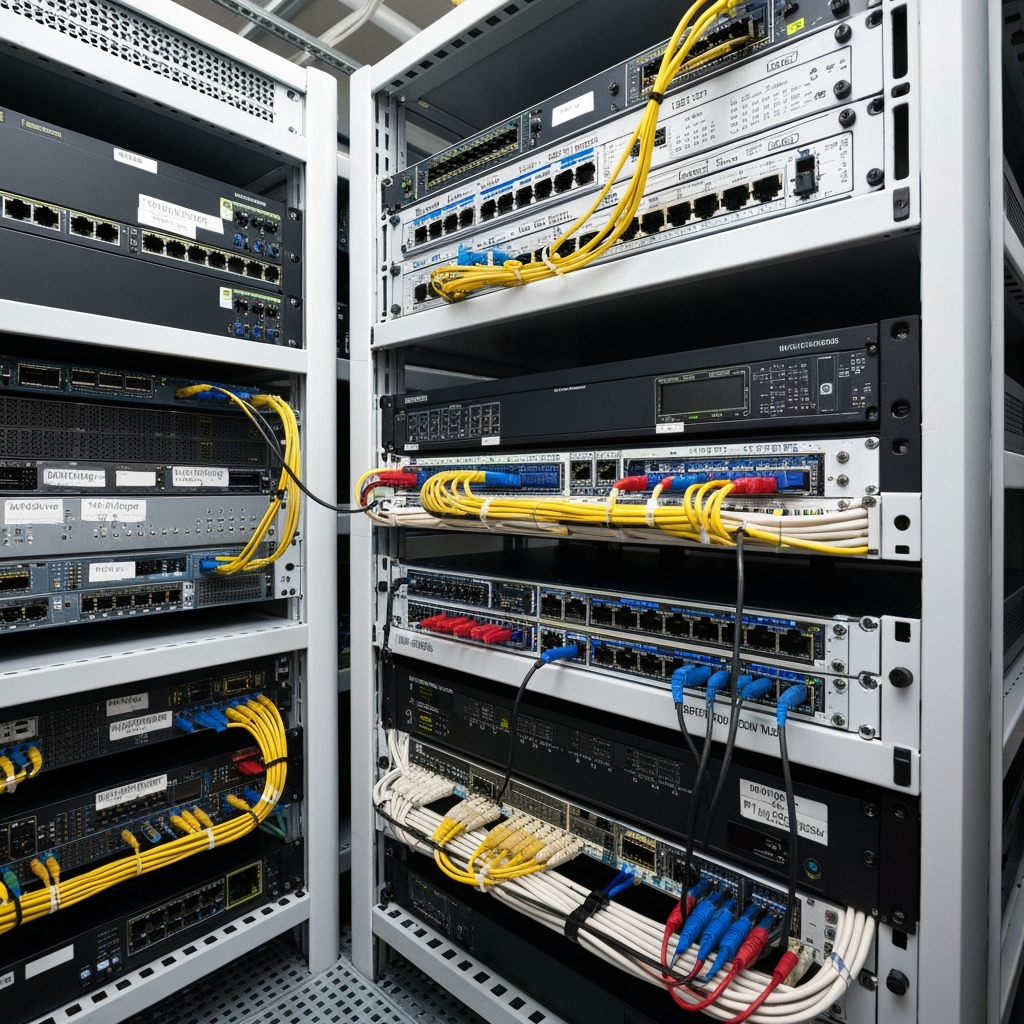
Preparing Equipment for Storage
Before placing networking equipment in storage, follow these essential steps:
- Document all configurations and settings
- Back up any stored data
- Clean equipment thoroughly
- Remove batteries from devices
- Use appropriate anti-static packaging
- Label all components clearly
Organizing Your Storage Space
Effective organization is key to maintaining accessible and protected equipment:
- Use proper shelving systems designed for IT equipment
- Implement a clear labeling system
- Maintain detailed inventory records
- Create designated zones for different types of equipment
- Ensure adequate space for ventilation
Security Considerations
Protecting your networking equipment requires comprehensive security measures:
- Access control systems
- Video surveillance
- Inventory tracking procedures
- Regular security audits
- Insurance coverage for stored equipment
Maintenance During Storage
Regular maintenance ensures equipment remains in optimal condition:
- Periodic equipment checks
- Climate monitoring
- Dust prevention and cleaning
- Testing of backup systems
- Updated inventory management
Choosing the Right Storage Solution
Consider these factors when selecting a storage facility:
- Climate control capabilities
- Security features
- Access hours and policies
- Location and accessibility
- Cost versus protection trade-offs
Professional Tips for Long-term Storage
For equipment that will be stored for extended periods:
- Rotate stored equipment periodically
- Maintain detailed documentation
- Schedule regular testing and updates
- Monitor for firmware updates
- Keep original packaging when possible
Conclusion
Proper storage of networking equipment is essential for maintaining your business’s IT infrastructure. By following these guidelines and utilizing climate-controlled storage solutions, you can protect your investment and ensure your equipment remains ready for deployment when needed. Remember to regularly review and update your storage procedures to maintain optimal conditions for your valuable networking assets.



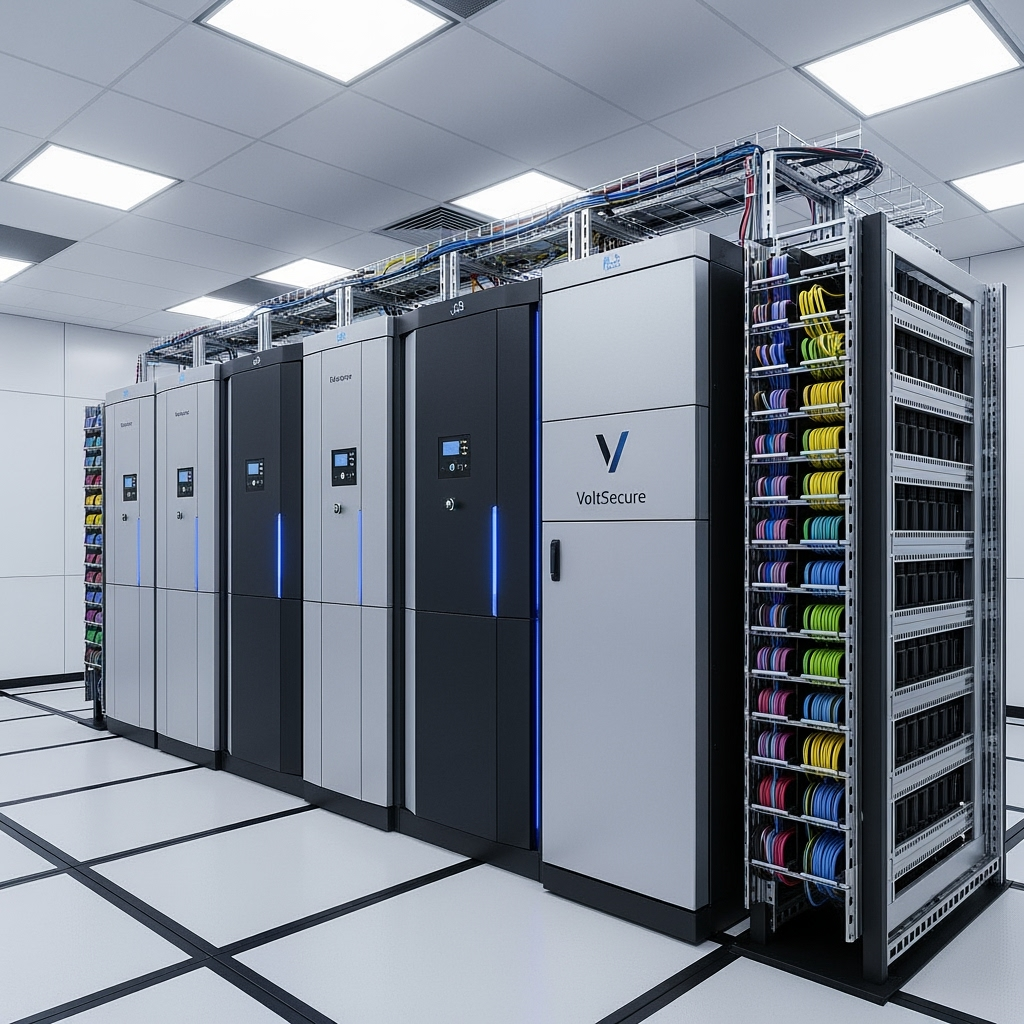
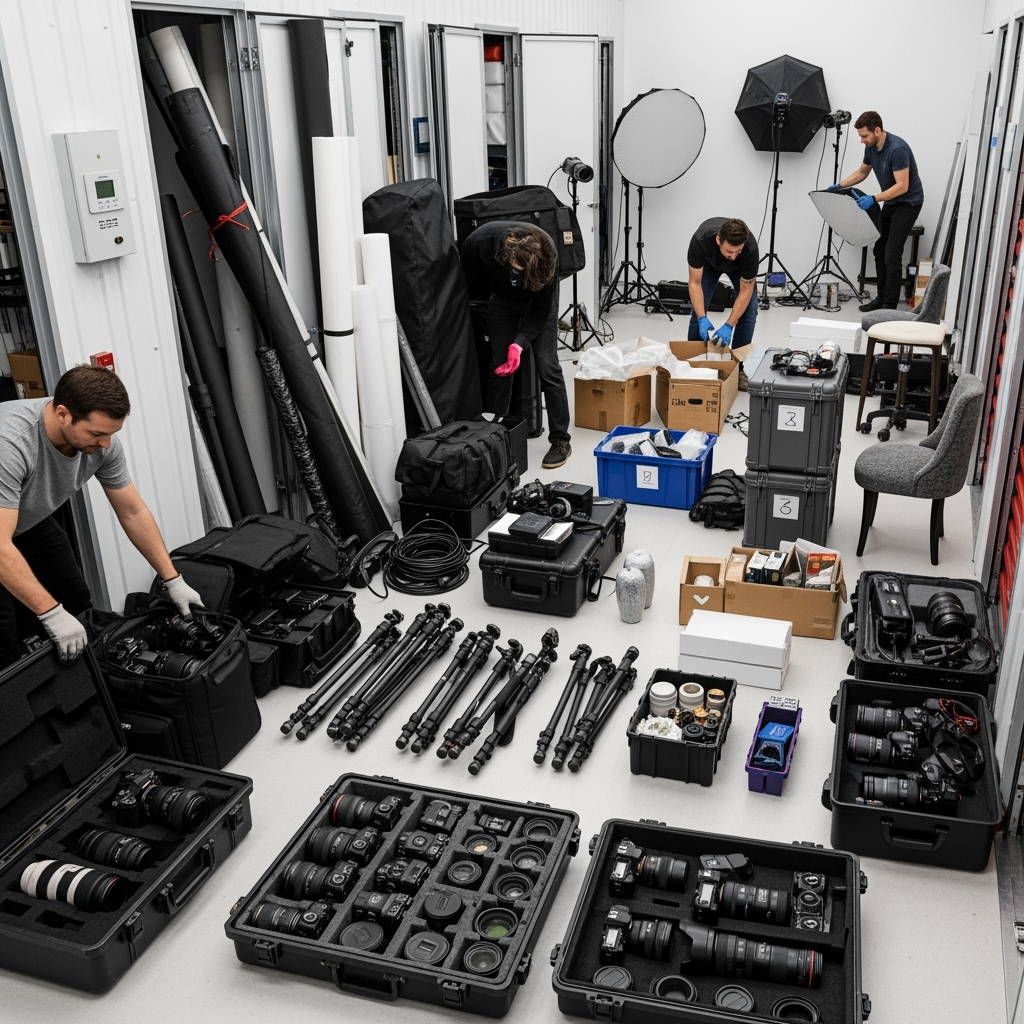
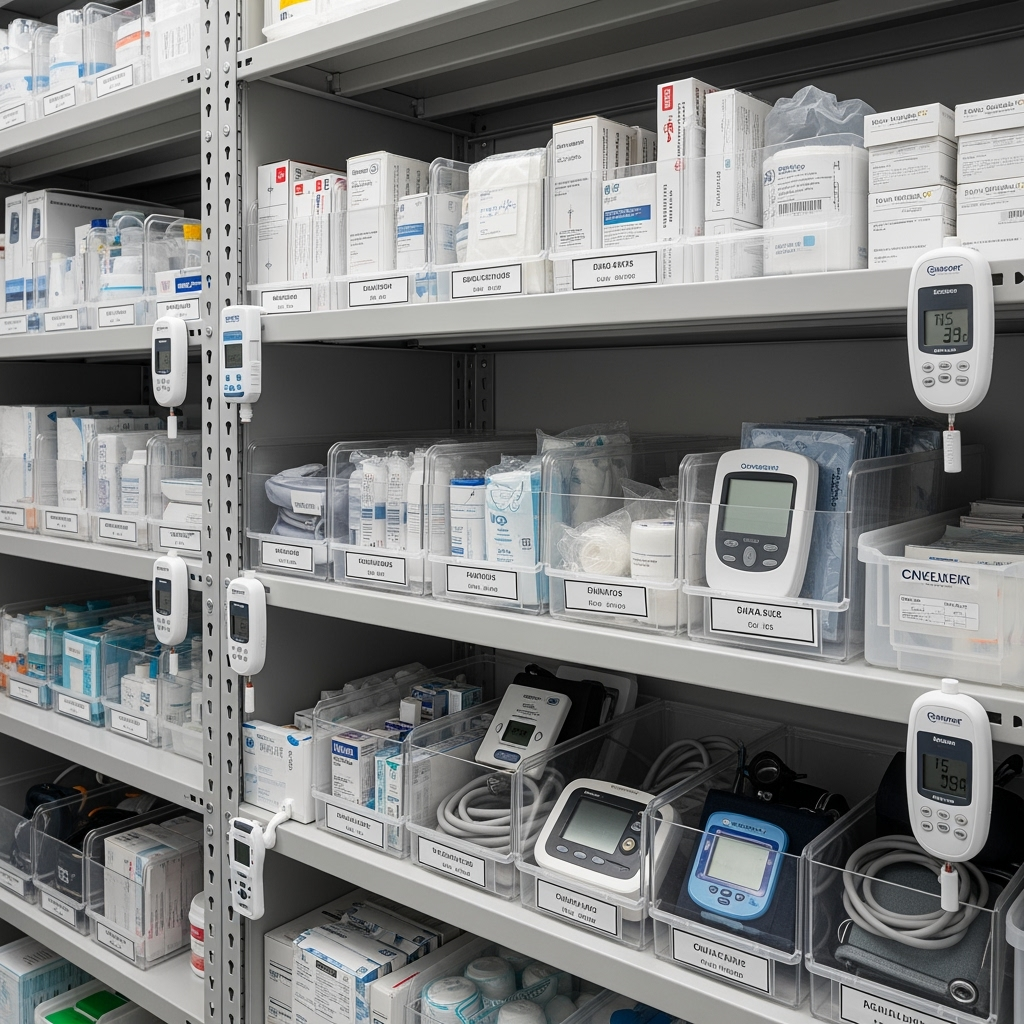
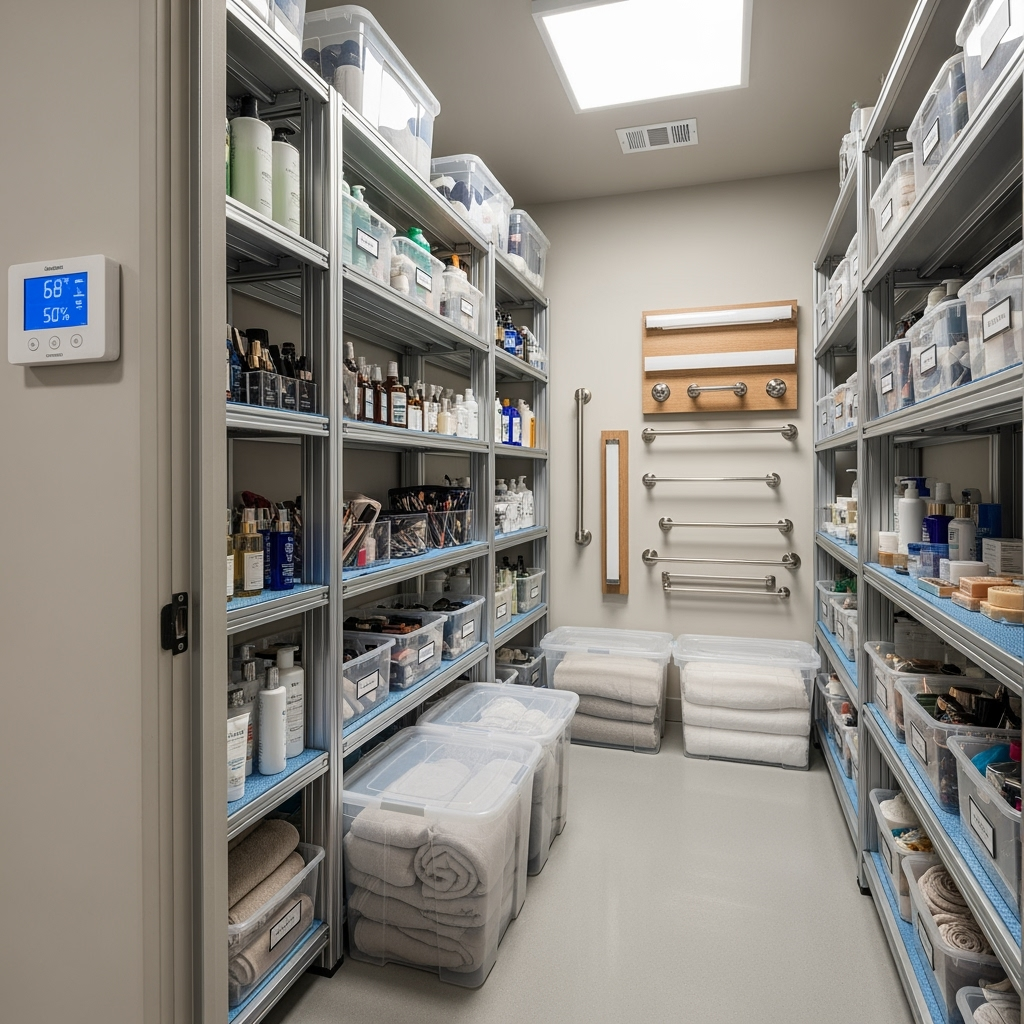
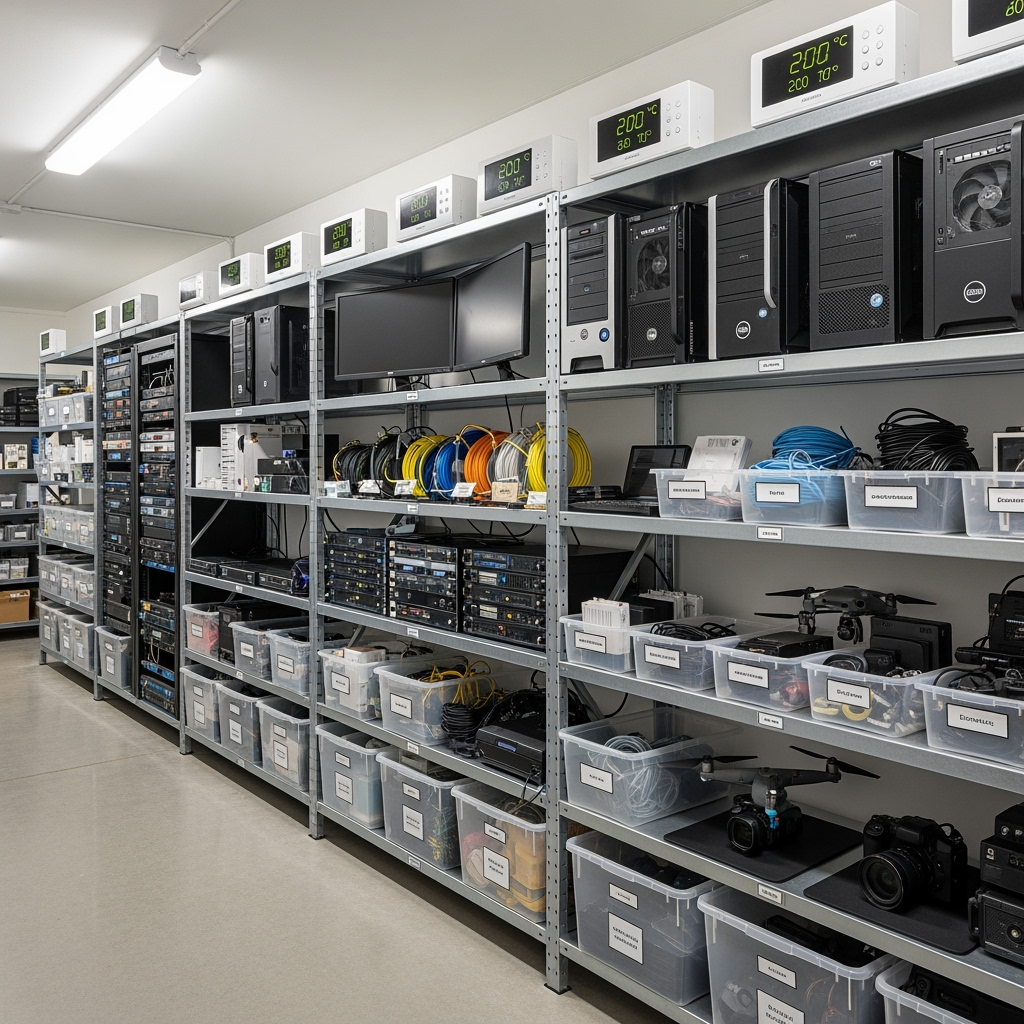
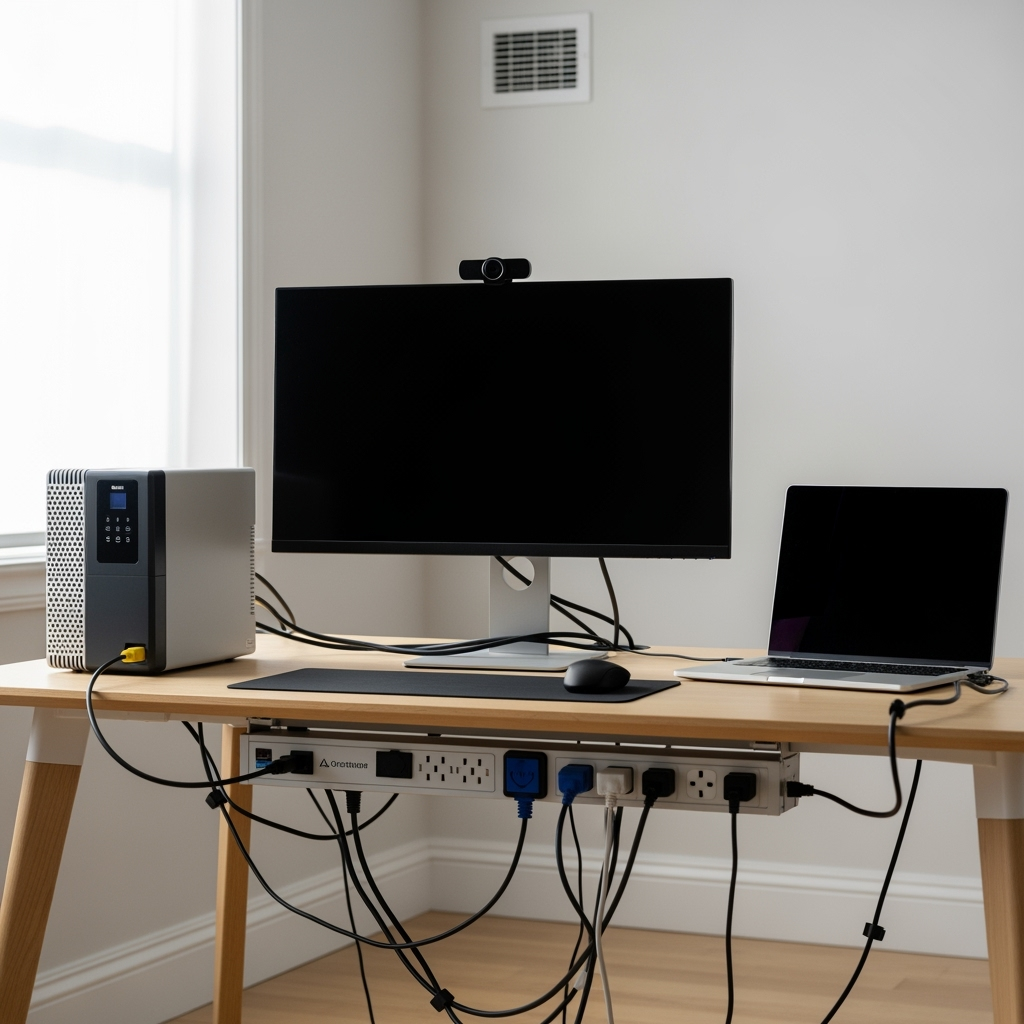
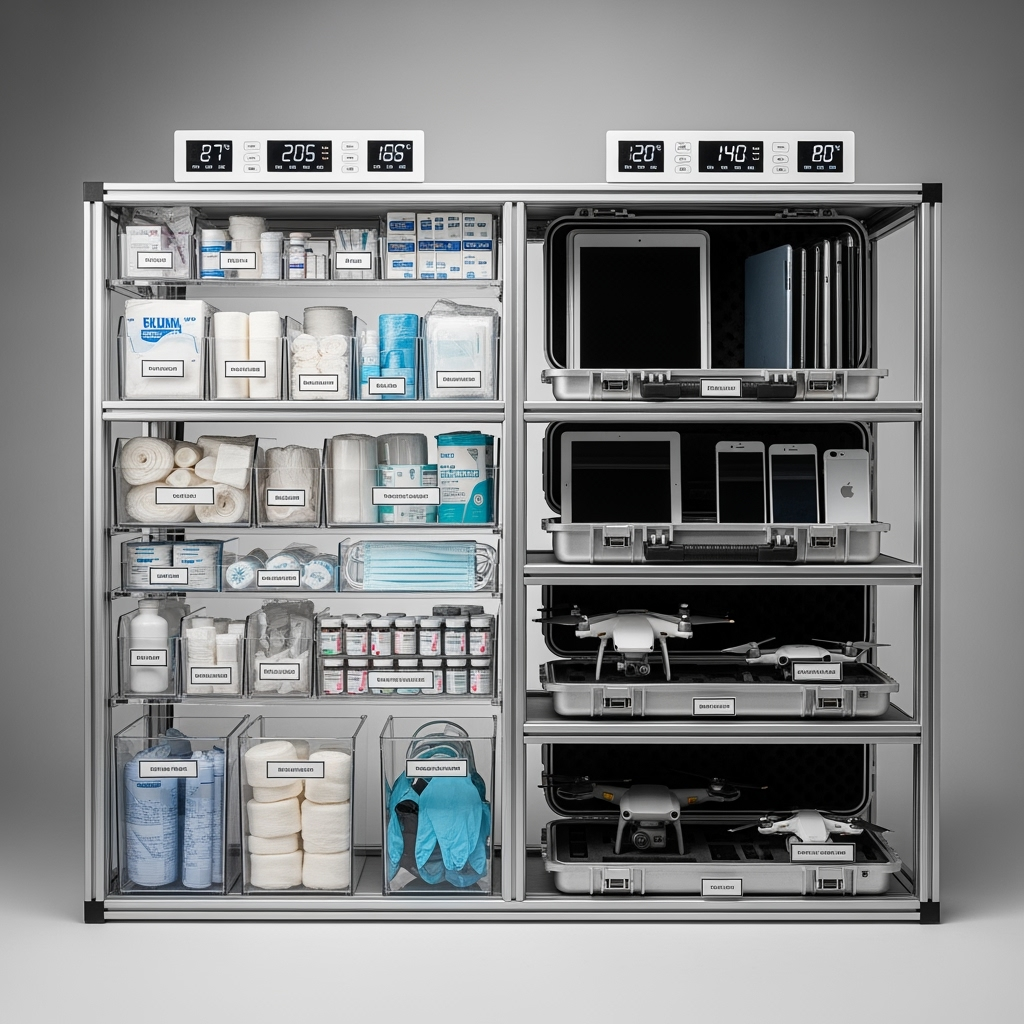
Leave a Reply